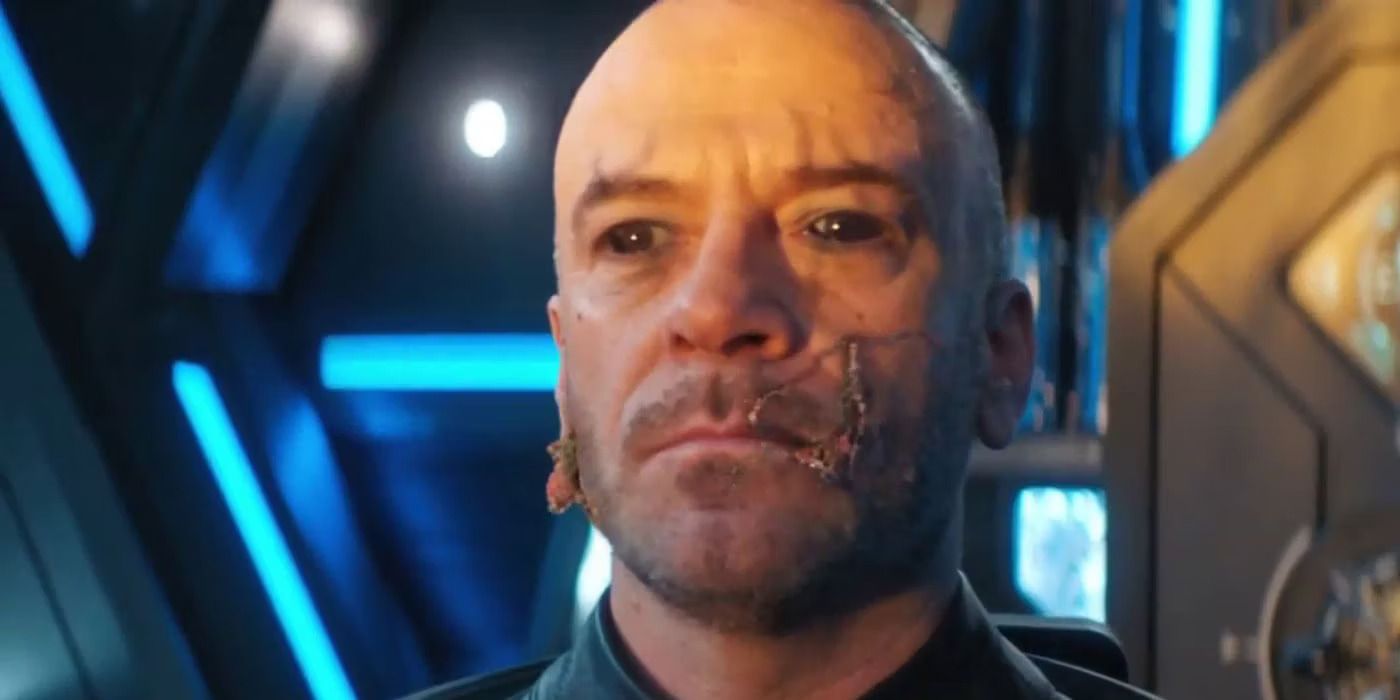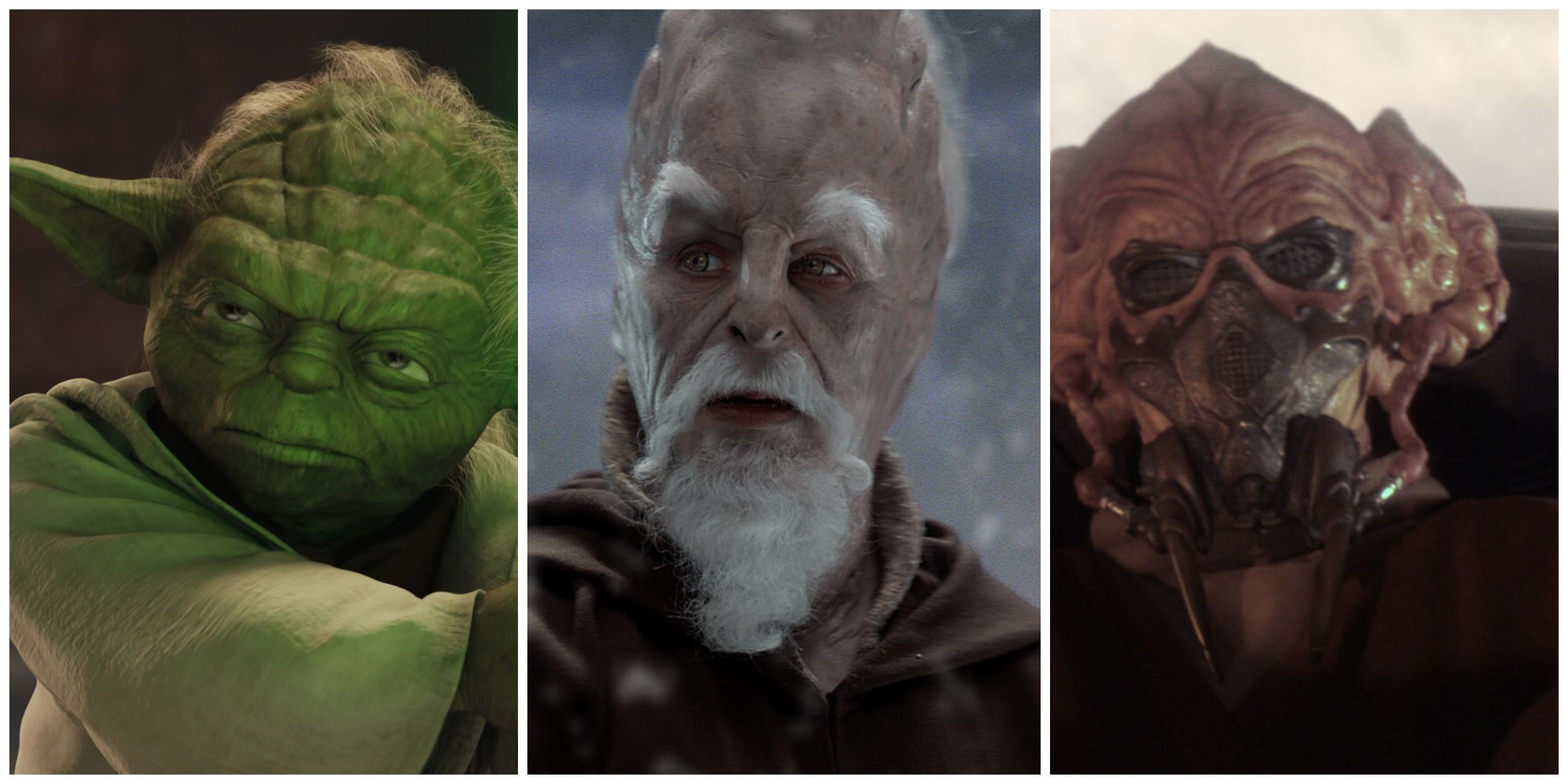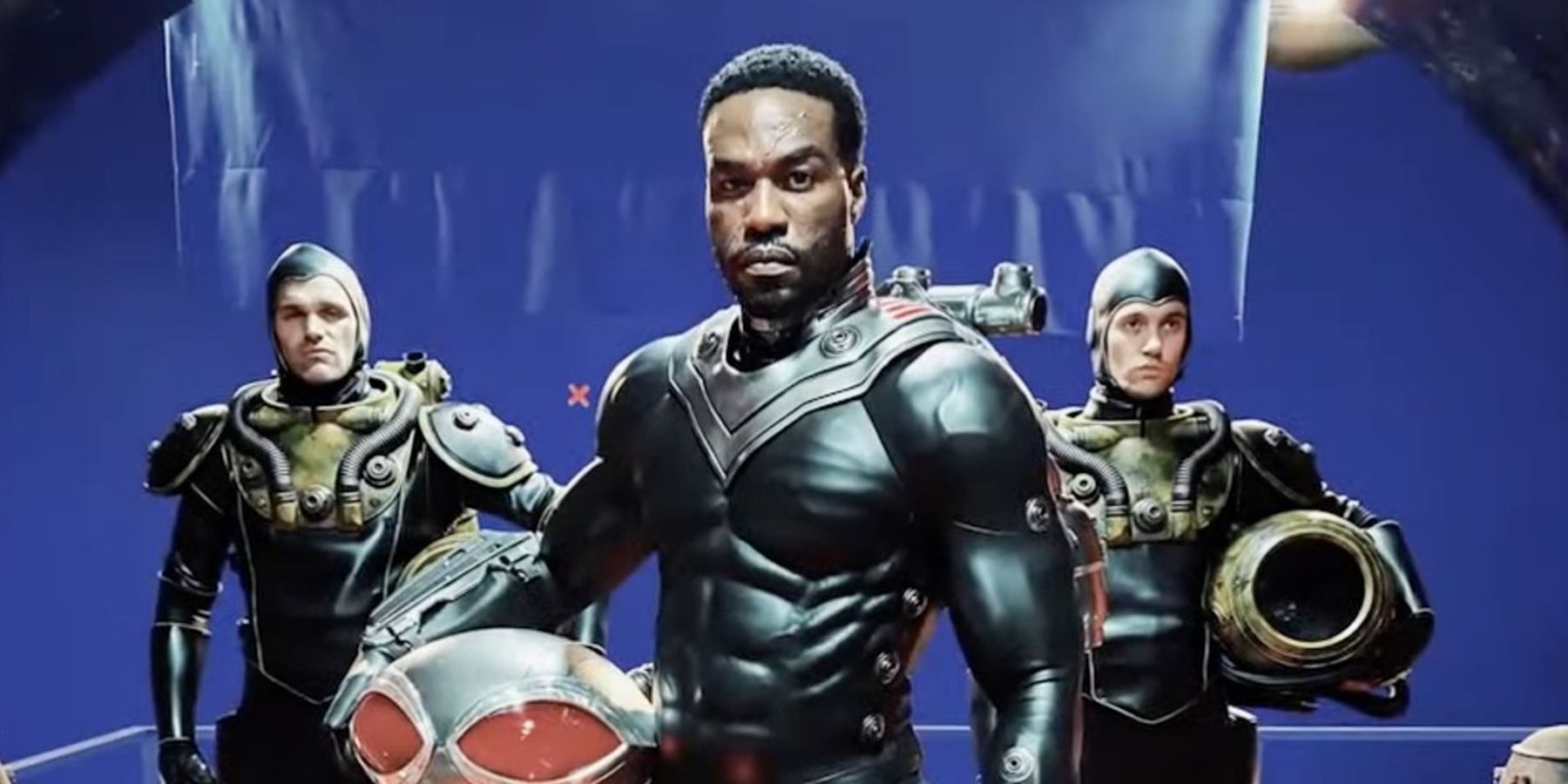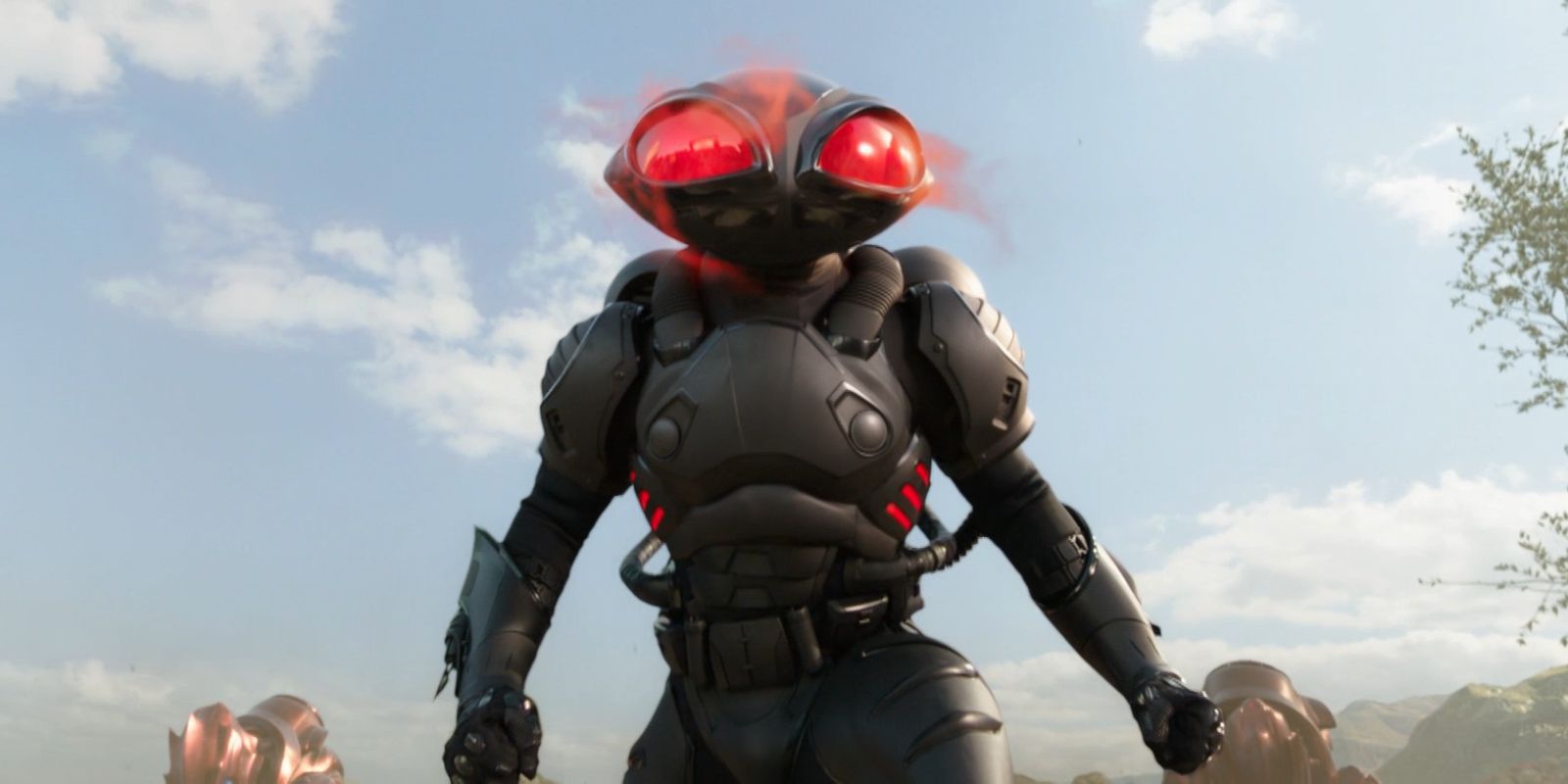For every comic book superhero, there's a rogue's gallery, but some just hold up better than others. Everyone knows Batman's heavy hitters or Spider-Man's most frequent foes, but only hardcore fans can name a nemesis for a hero like Aquaman.
James Wan's 2018 Aquaman introduced a few of the Atlantean King's big foes, but the final boss was Orm Marius AKA Ocean Master. In between duels with that larger foe, one of Aquaman's more well-known enemies is introduced and defeated in a ten-minute fight scene. That adversary is Black Manta, and the film's mid-credits scene reveals that he will be an even bigger problem in the sequel.
Black Manta was created by Bob Haney and Nick Cardy in 1967 for Aquaman #35. Frustratingly, that first appearance of the character describes him as an old enemy of the hero. Twenty-six years passed with Manta serving as Aquaman's de facto nemesis before a single word of backstory was made public. Like most comic book characters, however, that backstory was open-ended and was replaced multiple times. The film shows off a decent accounting of his powers, some of which have been consistent over the years.
Manta typically lacks any superpowers, so he gets by with an armored wetsuit and a massive bug-eyed helmet that shoots lasers. He comes armed with a variety of melee and projectile weapons, from swords and spears to harpoon launchers and ray guns. He often employs an army of underlings to act as henchmen, but sometimes he's a big enough threat on his own. His capabilities are consistent, but his motivation, past, and relationship with Aquaman are anything but.
Chronologically, the first thing fans learned about Black Manta was his first motivation, which came just a decade after his introduction. In Adventure Comics #452, Manta is unmasked for the first time, revealing that Black Manta is Black. Furthermore, he reveals that his motivation for the violent assaults on Atlantis is a strange form of Black separatism. Manta intends to conquer the undersea kingdom to give Black people a nation that they can rule over. This goal is portrayed with very little tact, but the writers swiftly distance themselves from any actual political philosophy.
One of Manta's more idealistic henchmen makes it clear that race is mostly an excuse for Manta, who primarily seeks to seize power for himself. It's a weird moment in the narrative and far too nuanced a view for a seventies Aquaman comic. Black Manta's aquatic Killmonger phase did not last, but he has remained Black in most portrayals to this day.
In 1992, Sean McLaughlin sought to give Manta a backstory and landed on a pretty grim pitch. Black Manta was born and raised in Baltimore, where his favorite hobby was playing in and around the Chesapeake Bay. One day, while out on the bay, Black Manta was kidnaped and shanghaied by a nondescript crew of sailors. Enslaved and abused for an unclear period of time, Black Manta had only one moment of hope; the day he saw Aquaman. Manta tried desperately to get the superhero's attention but went unnoticed. Sometime later, he was forced to save himself by stabbing one of his captors to death and swimming to safety. From that day, he swore vengeance upon the sea in general and Aquaman specifically. That backstory, sad and full of holes as it was, lasted just over a decade before it was replaced.
In 2003's Aquaman #8, Rick Veitch took another stab at Black Manta's past, and it turned out worse in many ways. This Black Manta was born an autistic orphan with severe hypersensitivity to touch. Some cruel soul placed him in Arkham Asylum, seemingly for no good reason, and he was tortured for most of his youth. The professionals at Gotham's famed institution were either so incompetent or so inhumane that they subjected a non-verbal child to non-stop exposure to the exact thing he was sensitive to. They also experimented on the boy with a variety of treatments, most of which were torture, but one of which somehow miraculously granted him fluent speech and solved his sensitivity issues. Suddenly rendered neurotypical, Black Manta immediately stabbed his doctor to death and fled Arkham forever, which was arguably morally justified. His connection to Aquaman is solely idolizing him on TV, before fighting him in his career as a mercenary.
Finally, the 2010 storyline Brightest Day granted Black Manta something he'd waited 43 years to receive; a name. Black Manta was born David Hyde. His current story is pretty close to that of the movie. He was tasked with taking a blood sample from Arthur Curry by a scientist, but Arthur's foster father Thomas intervened. David killed Thomas, leaving the young Aquaman to swear vengeance. Arthur's quest for vengeance was not fruitful, as he accidentally killed David's father Jesse. The pair now hold permanent grudges against each other and duel to death every so often. Further complicating the matter, David's son is Jackson Hyde, who went on to become Arthur's protégé and eventually became Aquaman.
Black Manta's past is an absolute mess, cobbled together from different canon and regularly missing huge details. James Wan did the only sensible thing, take the newest take on the character and play it as simply as possible.






